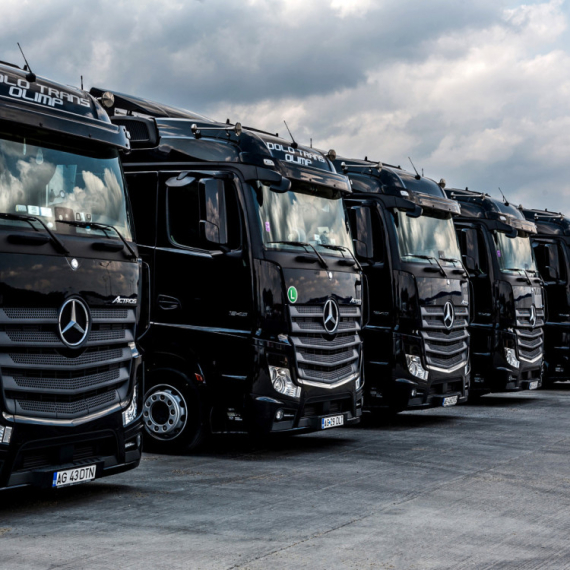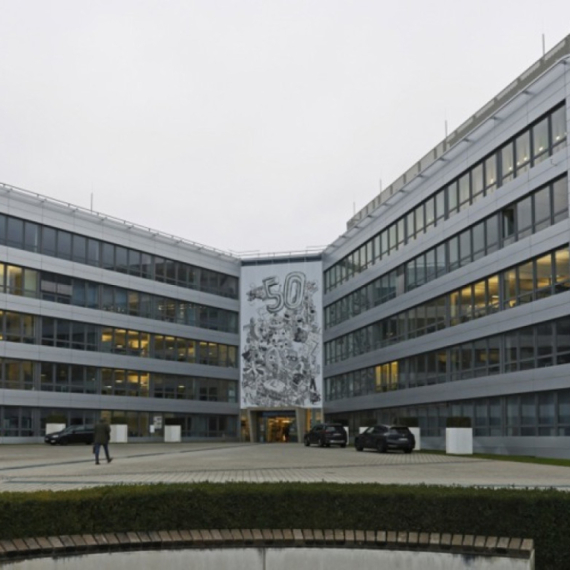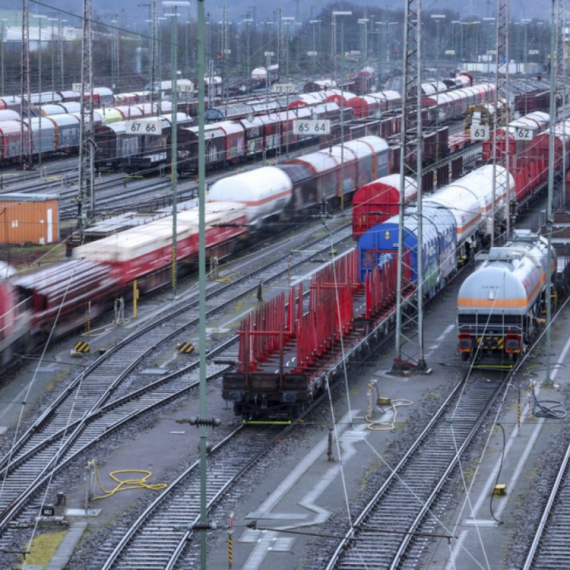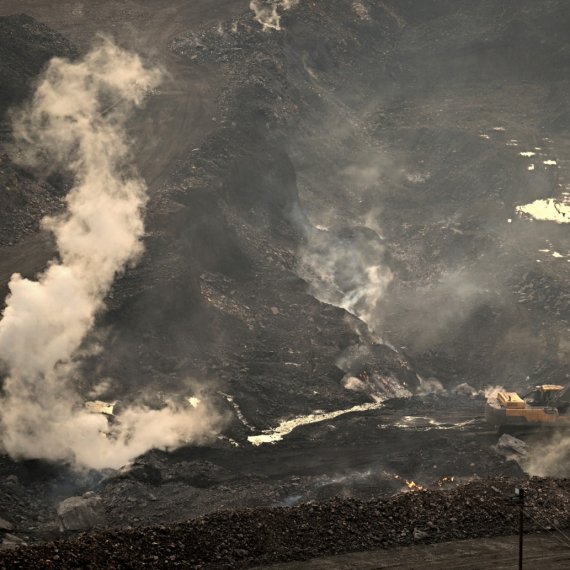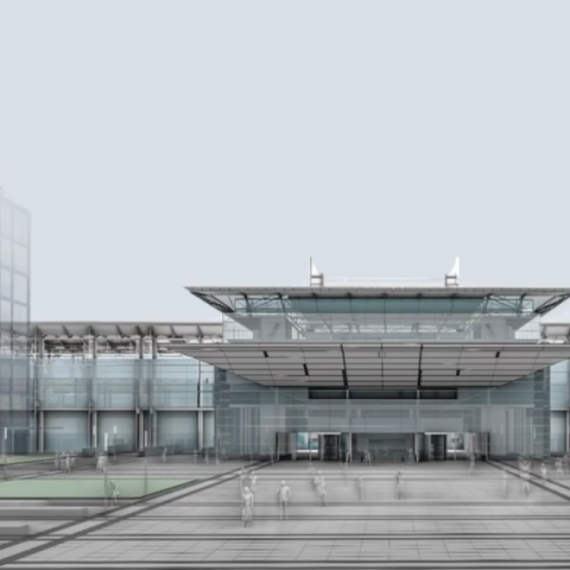Germany on the Brink: Thyssenkrupp and Industry Giants Slash Jobs and Pay!
Welcome to Germany’s industrial drama of the year! Thyssenkrupp Steel, once a steel giant, is now battling a crisis threatening to topple the entire industry. A drop in industrial activity, sky-high energy costs, and pressure from cheap Asian steel are throwing this company into a whirlpool of problems. The result? A wave of layoffs and pay cuts hitting thousands of workers.
What’s Happening at Thyssenkrupp?
After three days of intense negotiations, management and the IG Metall union reached a collective agreement that unfortunately brings only bad news for workers. Working hours will be cut to 32.5 hours per week, the right to bonuses will be removed, and jubilee bonuses reduced. This means average worker pay will drop by about 8%! Yes, you read that right – less money for the same job.
A Wave of Layoffs Shaking Germany
But that’s not all. Daimler Truck plans massive layoffs in its German home base by the end of the decade. American tech giant Microsoft announced plans to cut around 9,000 jobs, about 4% of its workforce, with the gaming division hit hardest.
Thyssenkrupp plans to cut as many as 15,000 jobs due to plant closures and company part sales. The workforce will shrink from 26,000 to about 16,000. Although unions have prevented forced layoffs, social plans with severance packages and other mitigation measures are on the table.
Why Is This Happening?
The main culprits are falling industrial activity, soaring energy costs, and pressure from cheap Asian steel. Thyssenkrupp plans to reduce production capacity from 11.5 million tons annually to between 8.7 and 9 million tons. The Bochum plant closure is already scheduled for this year, while the planned closure of the Kroyctalajhen factory is currently halted.
It’s Not Just Thyssenkrupp in Trouble
Swedish carmaker Volvo Cars announced plans to lay off about 3,000 employees, mostly in administration, as part of a cost-saving program. UPS plans to close over 70 facilities worldwide and cut 20,000 jobs. Germany’s largest bank, Deutsche Bank, plans to cut around 2,000 jobs and reduce branch numbers.
Unions and Workers on Edge
Union leaders say they agreed to tough compromises only to save remaining jobs and secure the future of plants. However, workers face the harsh reality of pay cuts and an uncertain future. The final decision on the agreement depends on union members, and implementation depends on the parent company’s willingness to provide necessary funds.
What Lies Ahead?
This situation is not just one company’s problem but a sign that the entire German industry faces serious challenges. Global competition, the energy crisis, and market changes demand adaptation, but at the cost of jobs and wages. Is this the beginning of the end for German industrial might or just a painful transition?
Conclusion
Germans are known for their work ethic and industrial strength, but now they face a harsh reality. Thyssenkrupp and other giants are making cuts that will hit workers’ wallets and society at large. If you think this is just a German problem, think again – the global economy is interconnected, and this wave of layoffs and pay cuts could spill over to other countries.
So, what do you think about these measures? Could unions have done better, or is this the only way out? Drop a comment, share your story, or just crack a joke to lighten this gloomy topic. Because if we can’t laugh, what’s left?
This is just the start of a major industrial drama. Stay tuned for more news and analysis.








